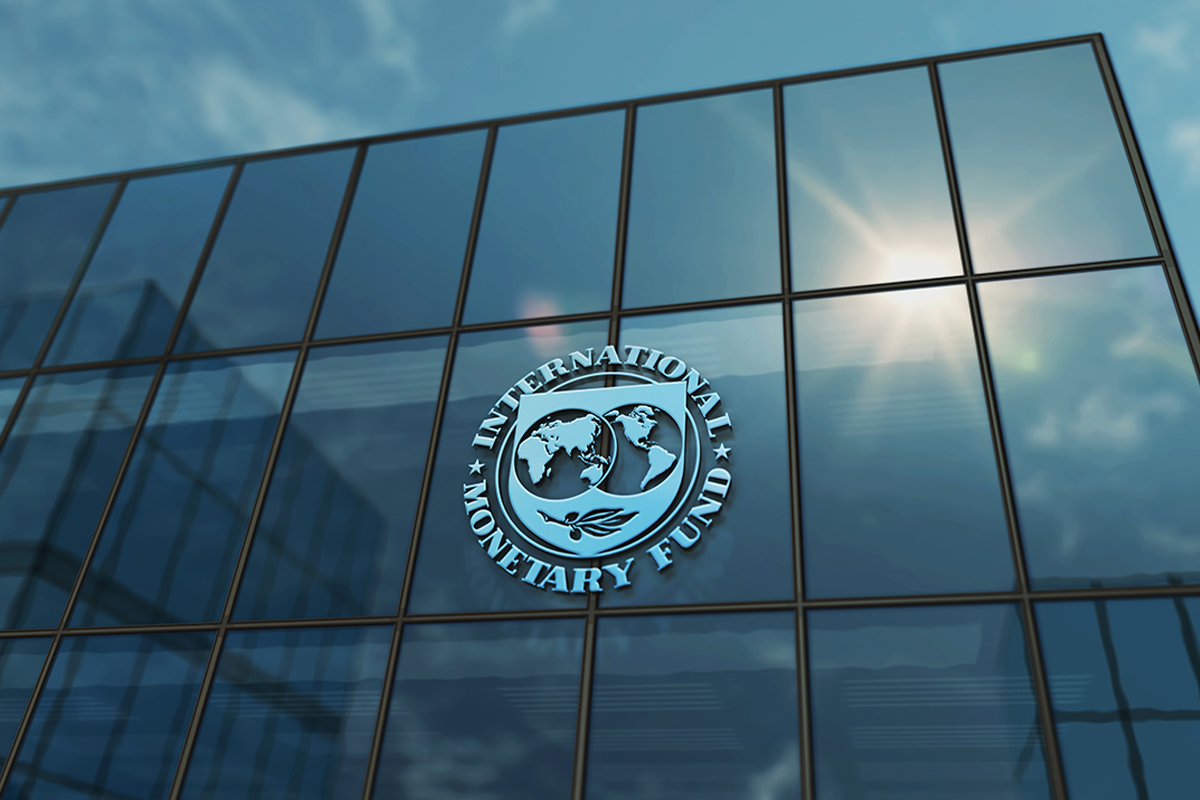The International Monetary Fund (IMF) has delivered an encouraging update on the state of the global economy, indicating stronger resilience than previously expected. However, amidst the progress, the IMF warns that inflation continues to be the biggest threat to sustained recovery.
In its latest World Economic Outlook report, the IMF projects a 3% growth rate for both 2023 and 2024, signaling a modest improvement from earlier estimates. Nevertheless, economists remain cautiously optimistic as they highlight the challenges that lie ahead.
Resilient Global Growth
Global economic activity has demonstrated remarkable resilience in the first quarter of 2023, leading to the IMF revising its growth projection upward by 0.2 percentage points from its previous estimate three months ago.
Despite this positive development, the current growth forecasts still fall short of pre-pandemic levels. From 2000 to 2019, annual global economic growth averaged 3.8%, underscoring the ongoing impact of the pandemic on economies worldwide.
Steady Economic Activity Amid Risks
The economic outlook has seen some improvements since April, with the COVID-19 pandemic no longer classified as a global health crisis. The stabilization of supply chains and robust labor markets have contributed to steady economic activity.
Additionally, the resolution of the US debt ceiling standoff and prompt regulatory intervention in the United States and Europe have mitigated the risk of a broader financial crisis. Despite these positive signs, the IMF warns that risks to global growth remain tilted to the downside, indicating possible future challenges.
Inflation: The Primary Concern
While the global economy is on a path to recovery, the IMF emphasizes that conquering inflation is paramount. Inflationary pressures have been a persistent issue since the early stages of the pandemic, leading central banks worldwide to implement restrictive monetary policies.
Pierre-Olivier Gourinchas, the IMF’s chief economist, emphasizes the necessity of ongoing vigilance in monetary policy to monitor underlying inflation trends. It is equally vital for many countries to implement tighter fiscal policies to strengthen fiscal buffers and enhance the credibility of disinflation strategies. Moreover, targeted support for vulnerable populations must be prioritized during the fiscal adjustment process.
Challenges in Advanced Economies
Advanced economies continue to be a drag on global growth, with the United States projected to grow by 1.8% in 2023, the United Kingdom by 0.4%, and Germany expected to contract by 0.3%. These sluggish growth rates highlight the complexities and uncertainties faced by some of the world’s largest economies as they navigate their post-pandemic recoveries.
China’s Recovery and Geoeconomic Fragmentation
The report raises concerns over China’s recovery, as the nation grapples with the challenges posed by its debt-laden real estate sector. Furthermore, the concept of “geoeconomic fragmentation” poses a potential threat, as geopolitical considerations may shift economic powers away from globalization towards a more nationalistic and fragmented approach.
This could disrupt international trade, cross-border movements of money and people, and commodity prices, potentially impacting global economic stability.
Urgent Need for Global Cooperation
The IMF stresses the urgency of strengthening global cooperation on critical issues, such as climate policies, international trade, and debt restructuring.
Addressing common challenges requires collaborative efforts from all nations to ensure sustained economic recovery and prosperity.
Federal Reserve’s Ongoing Actions
In the United States, the Federal Reserve continues to tackle inflation aggressively, with expectations of raising its benchmark interest rate by another quarter point this week. Since March 2022, the central bank has progressively raised rates from near-zero to over 5% to combat surging inflation levels not seen since the early 1980s.
As the global economy forges ahead, it is evident that concerted efforts are needed to curb inflationary pressures and maintain steady growth. The IMF’s projections indicate positive developments, but vigilance and cooperation are essential to overcome the remaining challenges and achieve a more robust and sustainable economic recovery.







